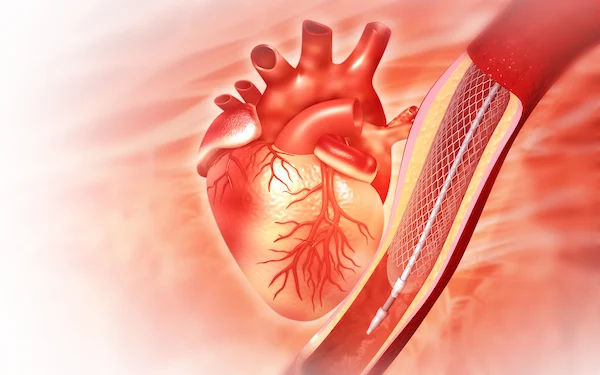- female
- 60 Years
- 29/01/2025
My mom recently had a TMT test, and it showed a mild positive for inducible ischemia. The thing is, she didnt feel any pain or discomfort during the test. The doctor suggested we should go for an angiogram, but she's planning to go abroad for six months. Is it okay if we wait and do the angio after she comes back? Should we be concerned about waiting that long?
Answered by 1 Apollo Doctors
It is important to follow your doctor's advice regarding the timing of the angiogram. However, in cases of mild positive inducible ischemia without symptoms, it may be possible to wait for 6 months before undergoing the angiogram. It is important to monitor your mother's symptoms and follow up with her doctor regularly during this time. If any new symptoms develop or if there are any changes in her health status, it is important to consult with her doctor earlier.
Dr. Chandra Suggests...
Consult a Cardiologist
Answered 04/07/2025
1
0

More Cardiology Health Queries
View allIs it okay if I take Vymada 50mg instead of Azmarda 50mg? Vymada is the only one available near me and I'm a bit concerned about switching. Would appreciate your advice on this!
yes u can take the medication because the composition is same.
Answered by 1 Apollo Doctors
What should we do if a heart attack or stroke happens? My dad recently had one, and I'm worried about what steps we need to take to care for him properly. Could you give some advice or tips on what precautions are important in these situations?
refer to cardiologist
Answered by 1 Apollo Doctors
I've been experiencing some pain on the left side of my chest, right around my heart, and I'm also having a lot of burping, indigestion, and gas issues. I'm trying to figure out if this is something to do with my heart or maybe it's just my stomach acting up. What kind of doctor should I see for this?
Acid peptic disease, u can take tab pan D ,once daily for 2 weeks, before food ,orally, also syrup sucralfate 10 ml thrice daily orally, a Gastro-enterelogist
Answered by 1 Apollo Doctors
Disclaimer: Answers on Apollo 247 are not intended to replace your doctor advice. Always seek help of a professional doctor in case of an medical emergency or ailment.



